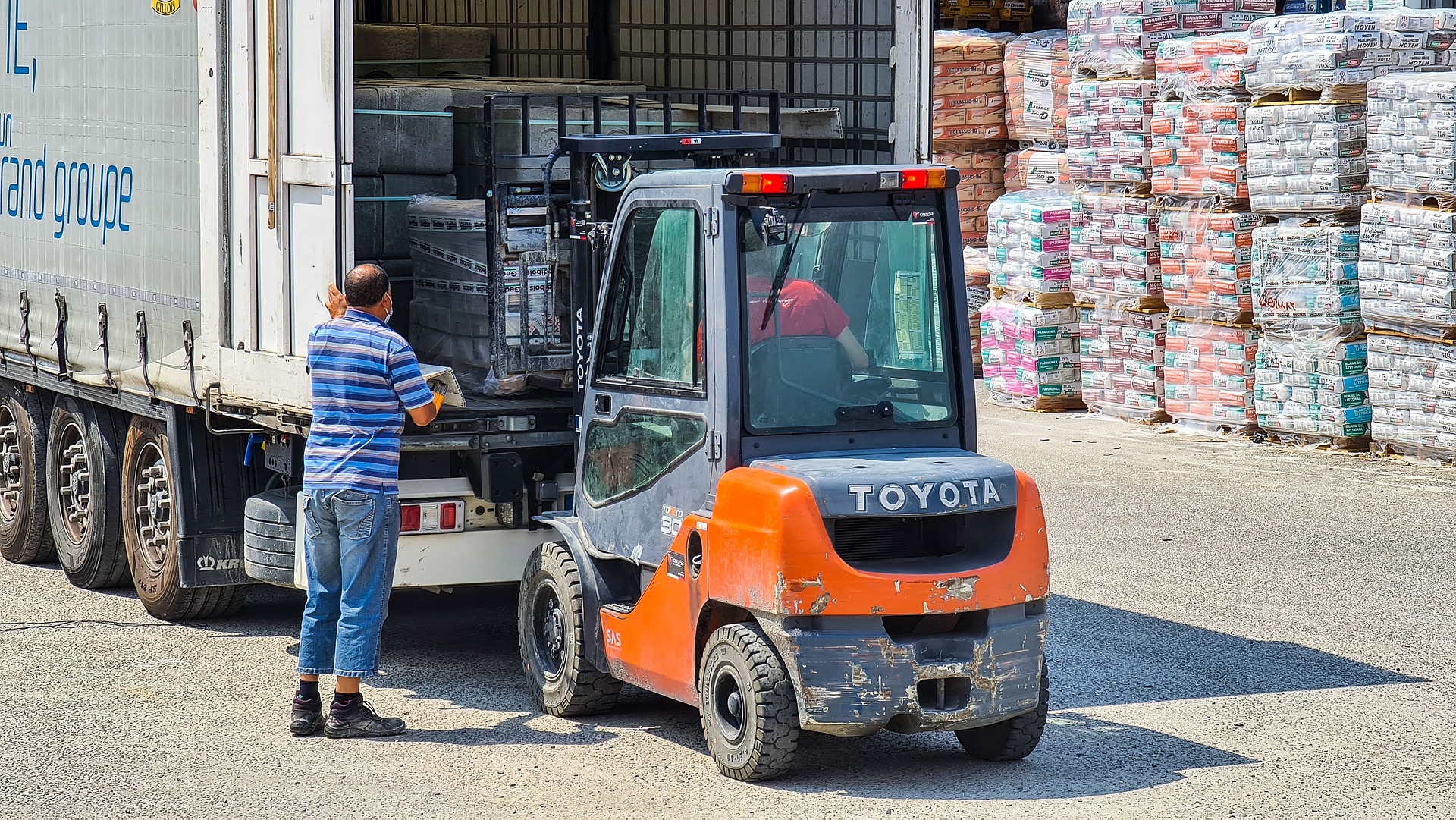Forklift Company Jobs in the UK: Reliable Work in Logistics
The logistics sector in the UK continues to expand, creating steady demand for skilled forklift operators across warehouses, distribution centres, and manufacturing facilities. These roles offer practical career paths for those seeking stable employment in a growing industry. Understanding what the work entails, why demand remains strong, and what employers prioritise can help job seekers position themselves effectively in this competitive field.

Forklift operator positions represent a cornerstone of the UK logistics industry, supporting the movement of goods across supply chains that serve retail, manufacturing, and e-commerce sectors. As businesses increasingly rely on efficient warehousing and distribution networks, the need for competent forklift drivers remains consistent. This article explores the core responsibilities of forklift roles, the factors driving industry growth, and the skills and qualifications that employers seek when hiring.
What the Job Involves
Forklift operators are responsible for the safe and efficient movement of materials within warehouses, factories, and distribution centres. Daily tasks typically include loading and unloading delivery vehicles, stacking goods in designated storage areas, and transporting items to packing or dispatch zones. Operators must follow strict safety protocols, conduct pre-shift equipment checks, and maintain accurate records of goods handled. The role requires physical stamina, attention to detail, and the ability to work in varied environments, from chilled storage facilities to busy manufacturing floors. Shifts may include early mornings, evenings, or night work, depending on operational requirements. Some positions involve operating different types of forklifts, such as counterbalance, reach, or pallet trucks, each suited to specific tasks and environments.
Why the Industry Keeps Growing
Several interconnected factors contribute to the sustained demand for forklift operators in the UK. The rise of online shopping has significantly increased the volume of goods moving through distribution networks, requiring more personnel to manage warehouse operations. Brexit-related changes to supply chains have also prompted businesses to expand domestic warehousing capacity, creating additional roles. Automation, while advancing, has not eliminated the need for skilled operators; instead, it has shifted focus toward workers who can operate alongside automated systems and handle tasks requiring human judgement. The logistics sector’s resilience during economic fluctuations further underscores its importance, as goods movement remains essential regardless of broader market conditions. Infrastructure investments in transport hubs and industrial parks continue to generate new warehouse facilities, each requiring trained forklift personnel to function effectively.
What Employers Value
When recruiting forklift operators, employers prioritise a combination of formal qualifications, practical experience, and personal attributes. A valid forklift licence, typically obtained through accredited training courses, is the minimum requirement for most positions. Many employers prefer candidates with specific endorsements for counterbalance, reach, or other specialised equipment types. Previous experience in warehouse or logistics environments demonstrates familiarity with operational procedures and safety standards. Reliability and punctuality are highly valued, as shift-based operations depend on consistent staffing levels. Employers also seek individuals with strong spatial awareness, the ability to work independently and as part of a team, and a proactive approach to safety. Flexibility regarding shift patterns and a willingness to undertake additional training for new equipment types can enhance employability. Some companies offer apprenticeships or on-the-job training programmes for candidates without prior experience, particularly in regions with skills shortages.
Training and Certification Pathways
Acquiring proper certification is essential for entering the forklift operator profession. Training courses typically last between three and five days, covering both theoretical knowledge and practical skills. Accredited providers deliver instruction on equipment operation, load handling, safety regulations, and workplace hazards. Upon successful completion, candidates receive a certificate or licence valid for a specified period, after which refresher training is required. Some employers provide in-house training for new hires, while others expect applicants to arrive with existing qualifications. Costs for training courses vary, but many job centres and employment support programmes offer funding assistance for eligible individuals. Investing in additional endorsements for multiple forklift types can broaden employment opportunities and increase earning potential over time.
Work Environment and Conditions
Forklift operators work in diverse settings, each presenting unique challenges and advantages. Warehouses and distribution centres form the most common work environments, characterised by structured layouts and high-volume goods movement. Manufacturing facilities may involve operating forklifts alongside production lines, requiring coordination with other workers and machinery. Outdoor roles, such as those in timber yards or construction sites, expose operators to weather conditions but often provide variety in daily tasks. Temperature-controlled environments, including cold storage facilities, require appropriate protective clothing and tolerance for extreme conditions. Shift patterns vary widely, with some positions offering standard daytime hours while others involve rotating shifts, weekends, or night work. Understanding the specific environment and conditions associated with a role helps candidates assess suitability before applying.
Career Progression Opportunities
While forklift operator roles provide stable employment, they also offer pathways for career development within the logistics sector. Experienced operators may advance to supervisory or team leader positions, overseeing warehouse operations and managing staff. Some individuals transition into training roles, becoming accredited instructors who deliver forklift certification courses. Others expand their skill sets by obtaining licences for additional equipment types, such as cranes or industrial vehicles, opening doors to specialised roles with higher responsibility. Pursuing qualifications in warehouse management, health and safety, or supply chain logistics can further enhance career prospects. The practical experience gained as a forklift operator provides valuable insight into logistics operations, forming a solid foundation for progression into management or operational planning roles.
Conclusion
Forklift operator positions remain integral to the UK logistics industry, offering reliable employment opportunities for individuals with the right qualifications and attributes. The role’s core responsibilities, combined with ongoing industry growth driven by e-commerce and supply chain evolution, ensure continued demand for skilled operators. Employers value formal certification, practical experience, and personal qualities such as reliability and safety awareness. For those seeking stable work in a dynamic sector, forklift roles provide both immediate employment prospects and potential pathways for long-term career development within the broader logistics field.




